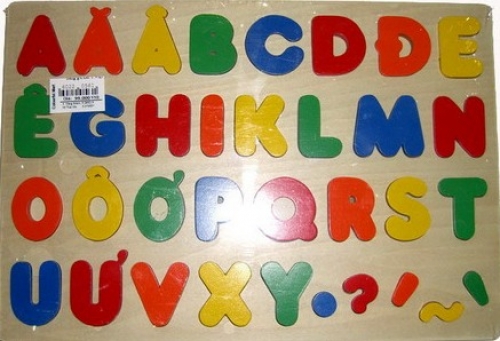During the French colonial period, the origins of modern Vietnamese literature are found. The romanised script quốc ngữ was finally popularized throughout the country of Vietnam, which allowed the modern literature to break free from the restrictions of classical literature of China.
Originally devised by French Jesuit missionary Alexandre de Rhodes (1591-1660) as a means of propagating Roman Catholicism, quốc ngữ became a cornerstone of the French colonial educational system in the late 19th century and was initially rejected by Confucian scholars such as Nguyễn Đình Chiểu, who referred to quốc ngữ as 'the script of heretics'. However, following the Duy Tân ('Renovation') movement of 1907 Vietnamese intellectuals began to realise the potential value of quốc ngữ as a medium for disseminating patriotic and anti-colonial ideas.
As literacy gradually spread throughout the country, the development of modern printing methods facilitated the production of books, newspapers and magazines in quốc ngữ and both journalism and literature written in the romanised script began to flourish.
